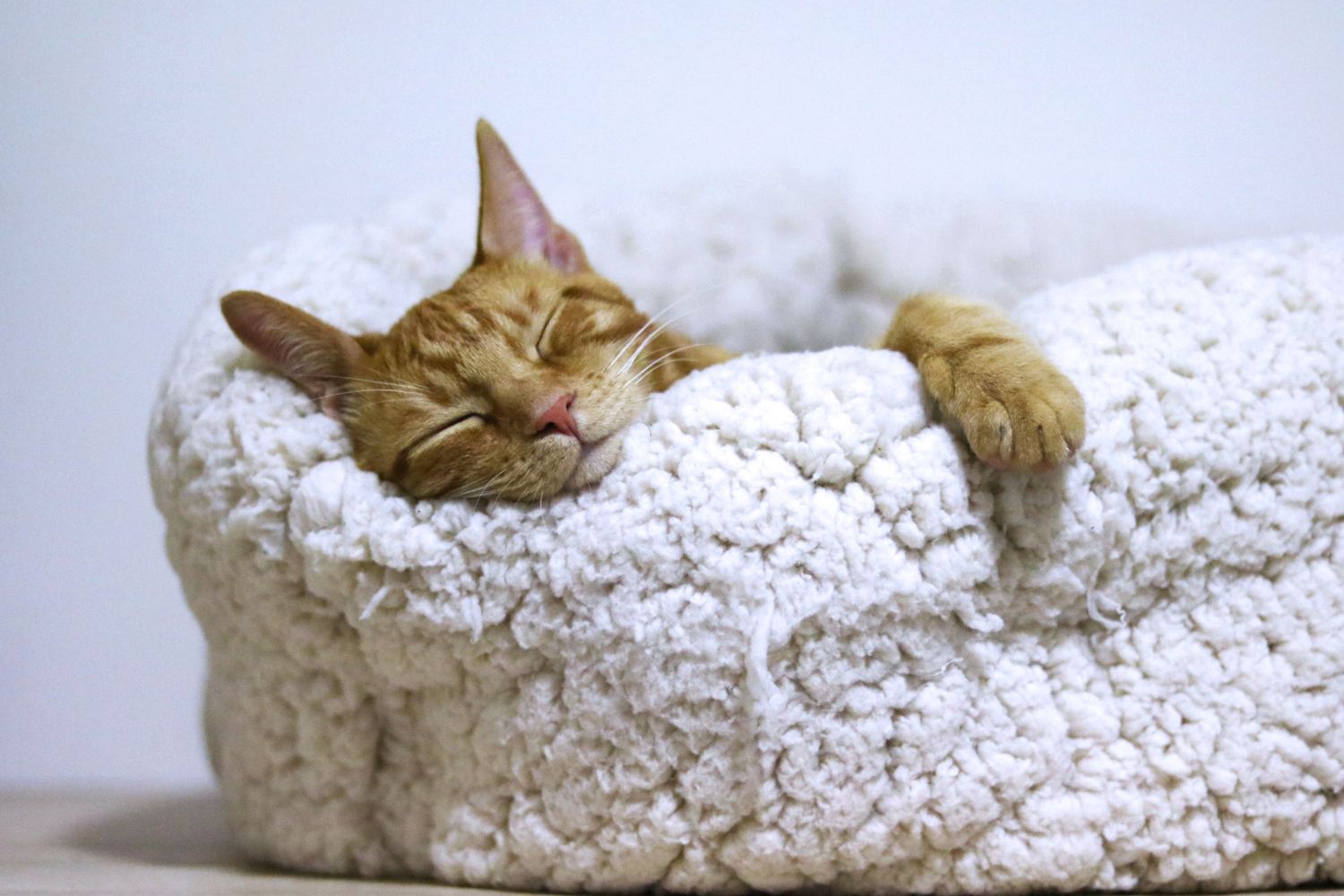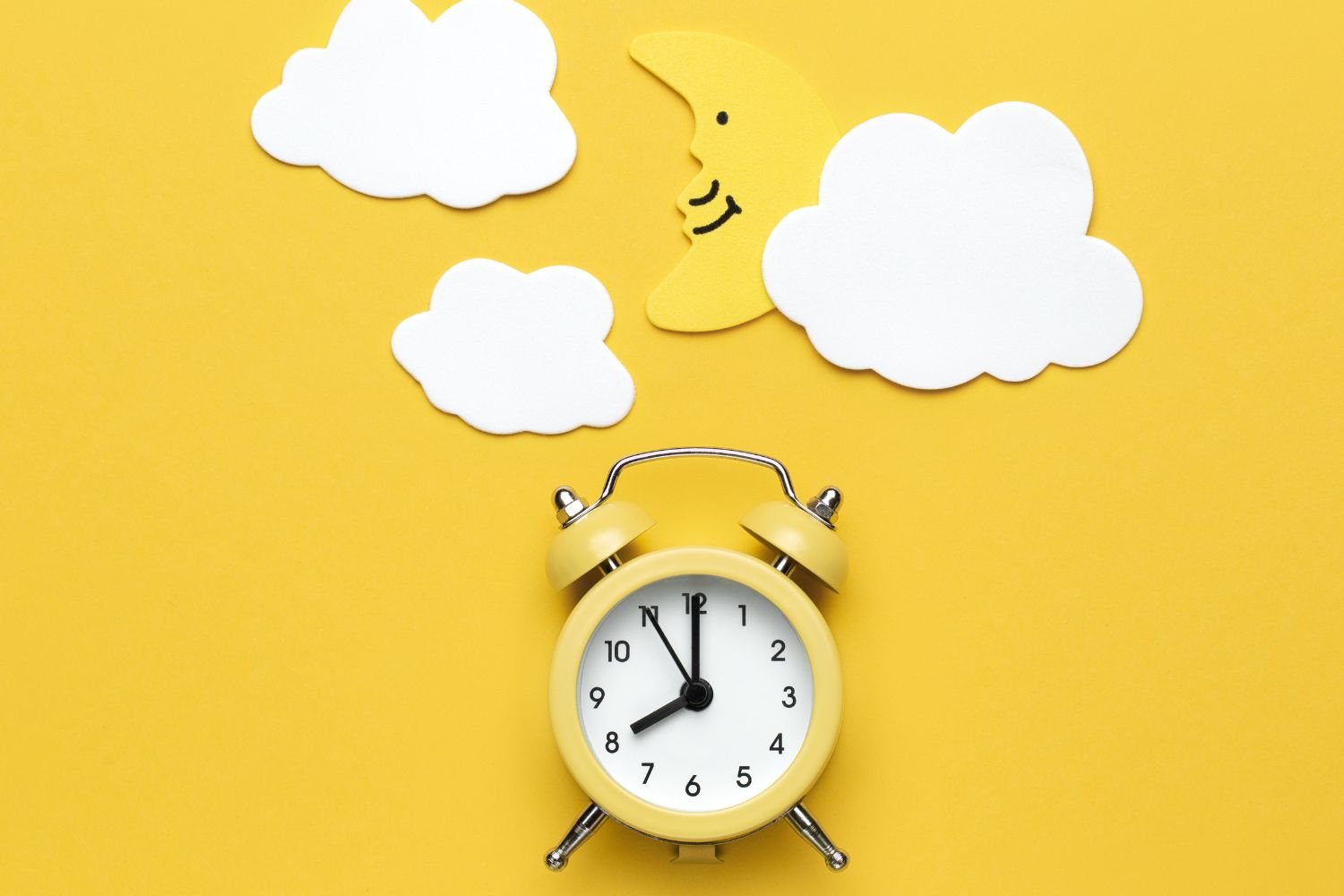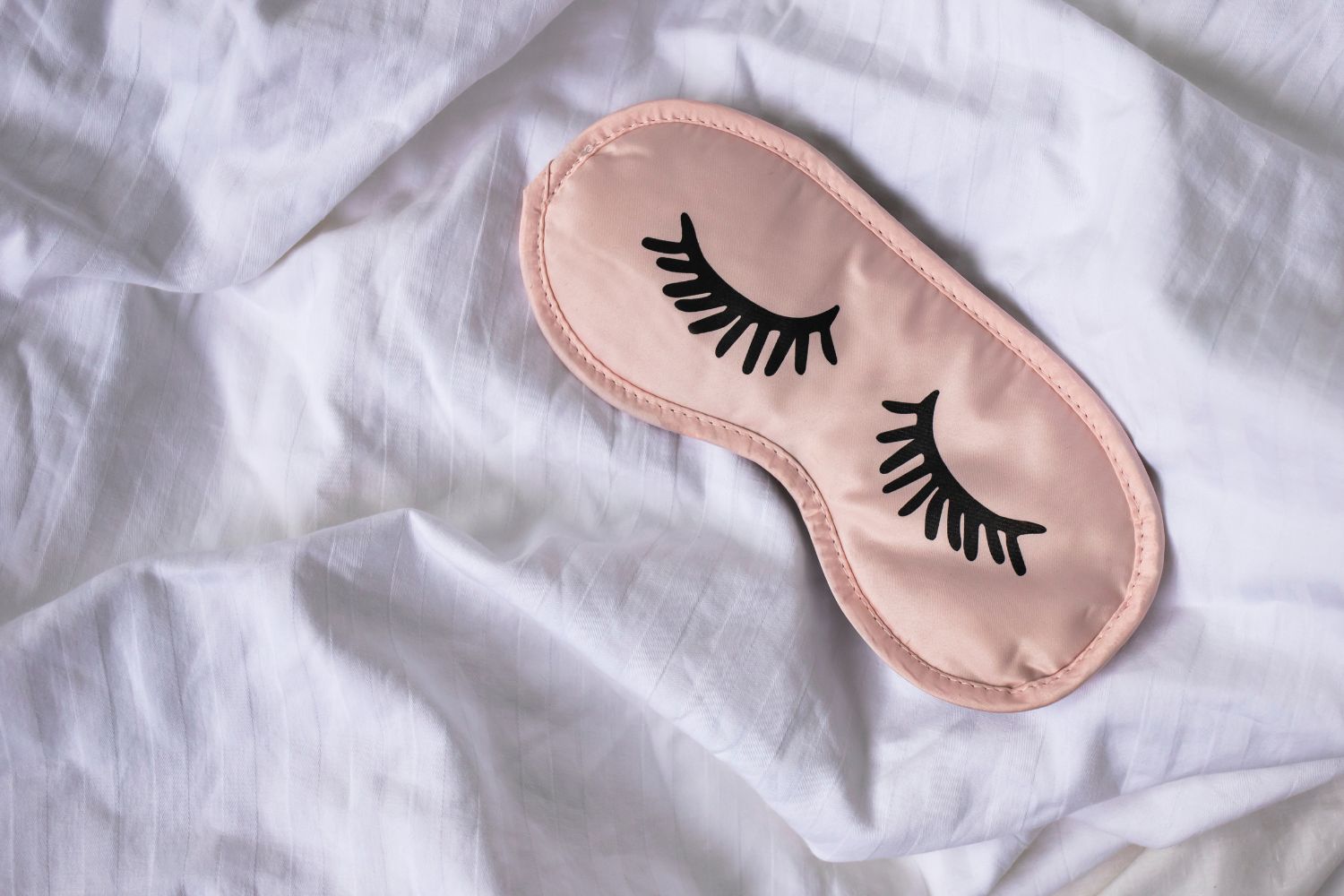A poor night’s sleep not only leads to fatigue, but also stress, difficulty thinking clearly, memory problems, and if the lack of sleep is significant, more serious problems: reduced immunity, increased cardiovascular risk, depression, etc. To feel rested, going to bed early and sleeping a long time is not enough. Sometimes a long night’s sleep is not at all restorative, while a shorter night may be enough.
Sleep Cycles: The Key to Feeling Rested
Our sleep consists of several stages that operate in cycles. Each stage corresponds to a specific alert state: the slow-wave sleep stage is made up of light and deep sleep, and the paradoxical sleep stage corresponds to sleep “agitated”, during which dreams occur.
A cycle begins with light sleep and then ends in the REM sleep stage. During the night, an adult passes by 4 to 6 cycles of approximately 1h30 alternating between each stage until awakening. Babies go through many more cycles: newborns sleep up to 17 hours a day, with very numerous cycles, around 18 to 20 cycles. Children, on the other hand, need 9 to 13 hours of sleep to develop well.
These cycles are important because they can help us determine the best time to go to bed. To feel rested in the morning, the ideal is that our alarm does not wake us up suddenly in the middle of a cycle. Unfortunately, professional and family constraints mean that it is not always easy to get a good night’s sleep. To increase your chances of sleeping well, you must analyze your cycle and adapt your bedtime.
How to do the calculation?
Finding the right time to go to bed is relatively simple. If we take into account 5 sleep cycles of approximately 90 minutes eachwe have a night of approximately 450 minutes, or 7 hours and 30 minutes. So just work backwards from the time you need to wake up to find the ideal bedtime. The idea is to try to wake up at the same time every day without being startled by the alarm clock.
If you continue to lose the alarm, redo the calculation with 6 cycles. And for best results, add approximately 20 minutes at the start, this is the average time it takes to fall asleep. Take the test for at least a week and evaluate your results.

A calculator to save time
To make it easier, there are sites where you can do the calculation quickly. The one d’Hillarysa company that sells curtains and blinds in the UK, is particularly well done. It allows you to insert the time you want to get up, or deduce the ideal time you should get up based on when you decide to go to sleep.
If you want to wake up at 6:30 a.m., the online calculator suggests going to bed at 9:16 a.m., 10:46 a.m., 12:16 a.m. or 1:46 a.m. Be careful though: this last schedule only represents 3 cycles, which is not a lot for most people. For best results, choose 5 or 6 cycles (9:16 a.m. and 10:46 a.m.). These times take into account a time of 14 minutes to fall asleep.

How to optimize your sleep?
Yvonne Keal, senior product manager at Hillary’s told Mail Online that he is “important to get a great night’s sleep. It can improve concentration, reduce stress levels and even keep our hearts healthy.”
Unfortunately, many of us fail to get the sleep needed to function optimally during the day. Our increasingly digital lifestyle has nothing to do with it. Here are some best practices to fall asleep faster and ensure a good night’s sleep:
Avoid electronic devices right before bed
Tablets, smartphones and laptops can keep your brain awake and delay the time you can fall asleep. The light emitted by these devices can also slow down the natural production of melatonin, a molecule responsible for regulating chronobiological rhythms. As much as possible, try to disconnect at least an hour before going to bed.

Avoid caffeine at the end of the day
Caffeine is also responsible for a decrease in melatonin secretion. Studies have shown that caffeine has a blocking effect on adenosine receptors, another sleep-promoting molecule, which delays falling asleep and reduces deep sleep time. To increase your chances of falling asleep quickly, avoid caffeine at least 6 hours before going to sleep.
Do not go to sleep directly after eating
Going to bed on a full stomach is not comfortable. This increases the time it takes to fall asleep and degrades sleep quality. It is best to go to sleep at least 3 hours after the last meal of the day. On the one hand, it’s more comfortable, but it’s also better from a health point of view: studies have shown that going to bed on a full stomach increases cardiovascular risk, can cause gastric reflux and lead to excess weight .
Source: www.journaldugeek.com


